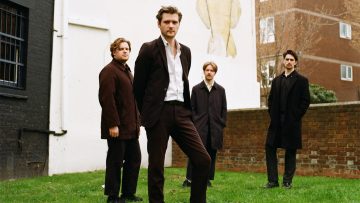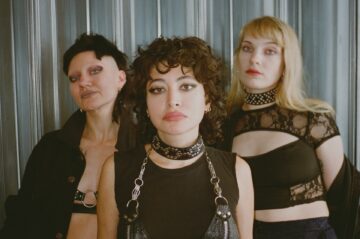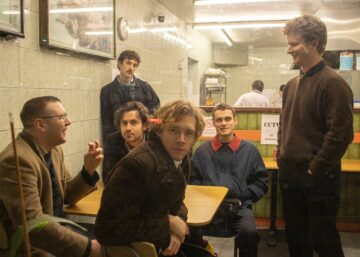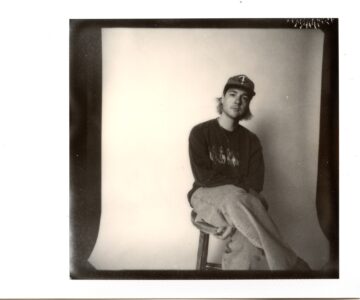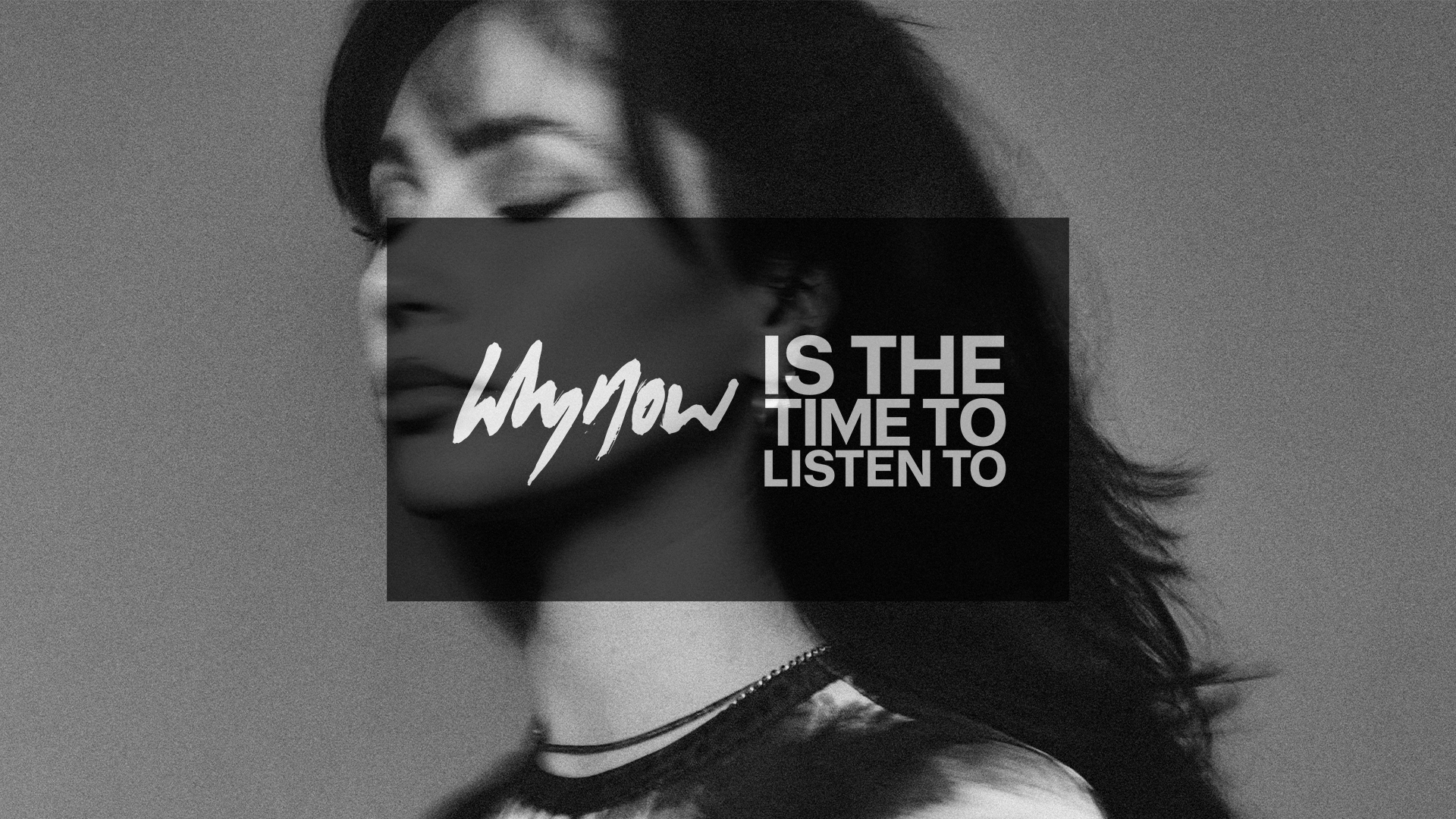
Named after writing sessions during lockdown – which took place, believe it or not, on Sundays – the project is also the culmination of Lily’s creative output as an independent artist. Previously signed to Virgin EMI, after being discovered by Naughty Boy, she felt the need to be as creatively free as possible and ultimately left the label.
As part of our series on emerging artists, whynow Is The Time To Listen To…, we speak to Ava Lily about all such occurrences along her road as an artist.
How are you? Excited to get this EP out?
I’m pretty excited but also most of the songs are already out so it’s less pressure. It’s just packaged into an EP nicely. Releasing is… underwhelming – in a really good way, because it makes you think the fun was in the writing and being in the studio, recording. This [release] is just a bonus.
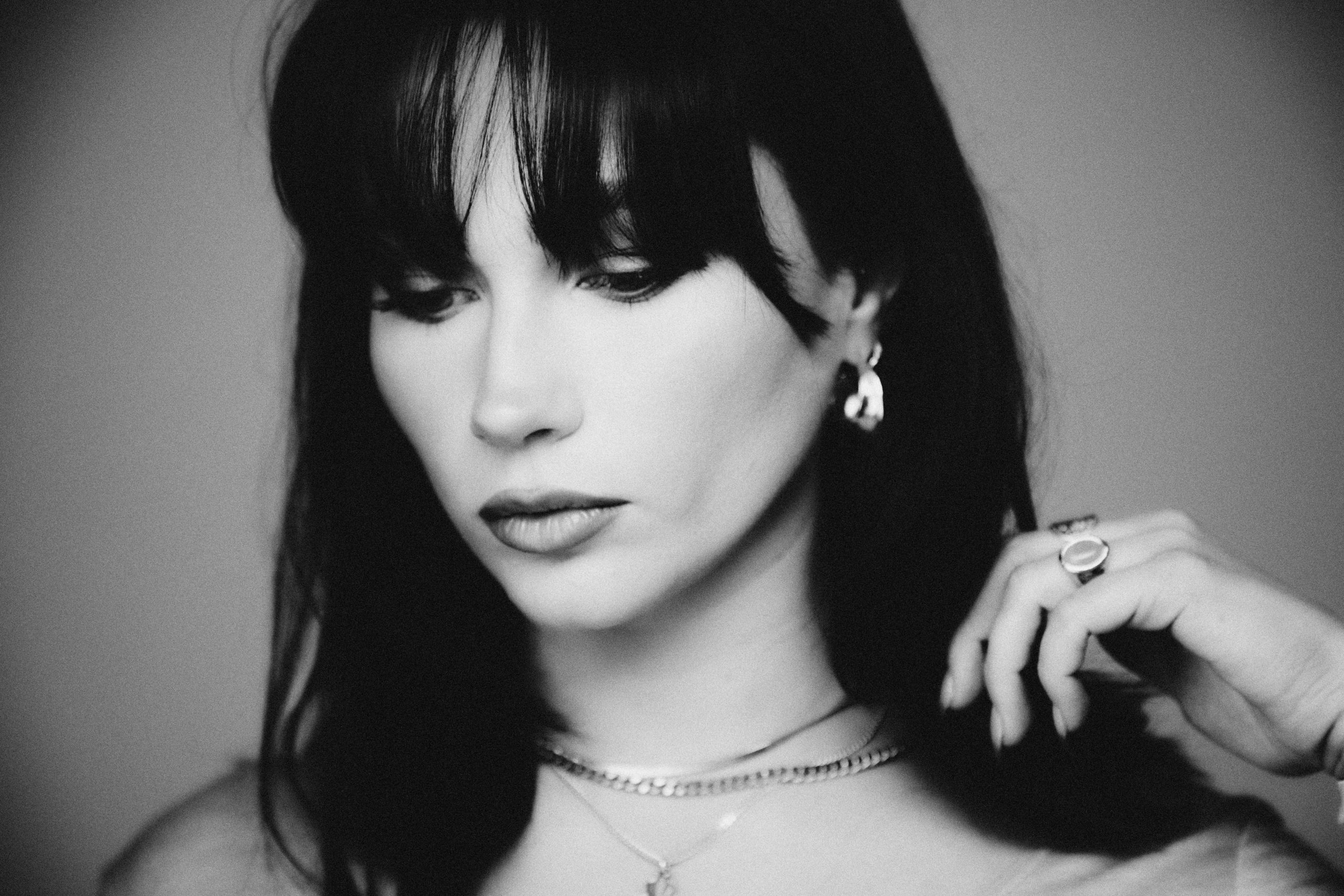
Across your EP, opener ‘Sad Party’ really stands out. What’s it about?
I wrote half of it when I was sober and half of it before, so it’s a funny one. It’s emo, but there’s still hope. It’s like, ‘I can’t accept myself sober tonight, so fuck it, let’s have another drink.’ It’s a big old self-pity party, which let’s face it we all love to do. I could see it in a different light when I got sober. When I look back on [the track], it was a way of me wanting to give my old self a hug.
You mention going sober. Do you mean you went teetotal?
Yes, entirely. It’s been three and a half years now. It’s funny because it’s influenced this EP a lot, naturally. When you become sober, you’re more in-tune with your emotions, so that comes out in your writing. ‘Happy Switch’ is the song I wrote when I first went sober; the song where I thought, ‘Fuck, I’m going to have to feel my feelings all the time without any numbing’.
The first lyrics – “I don’t want to pick myself apart tonight / You should just come over and make me feel alright” – are because I couldn’t sit with myself. It was like I was just putting those feelings into a person, shifting one addiction to another, which is very common when you stop something.
What led you to go sober?
Honestly, I feel like it’s in my blood to self-destruct. I want to make it possible for me to really reach my full potential – in my life, my career. Ultimately, it’s really hard for me to love myself when I’m drinking. That’s not a way to live. Life’s short, you don’t want to be fucking hungover all the time.
Well said… Your new EP: Sunday Music Club. Why that title?
I used to make songs on a Sunday with my producer; I was working all the time, it was the only time I could do. It was during lockdown. It happened organically, and we weren’t actually writing for a project. We’d go, we’d write, we’d get on with our week, then write again on the Sunday. When I was coming up with a title [for the EP], I thought it’s just got to be called Sunday Music Club.
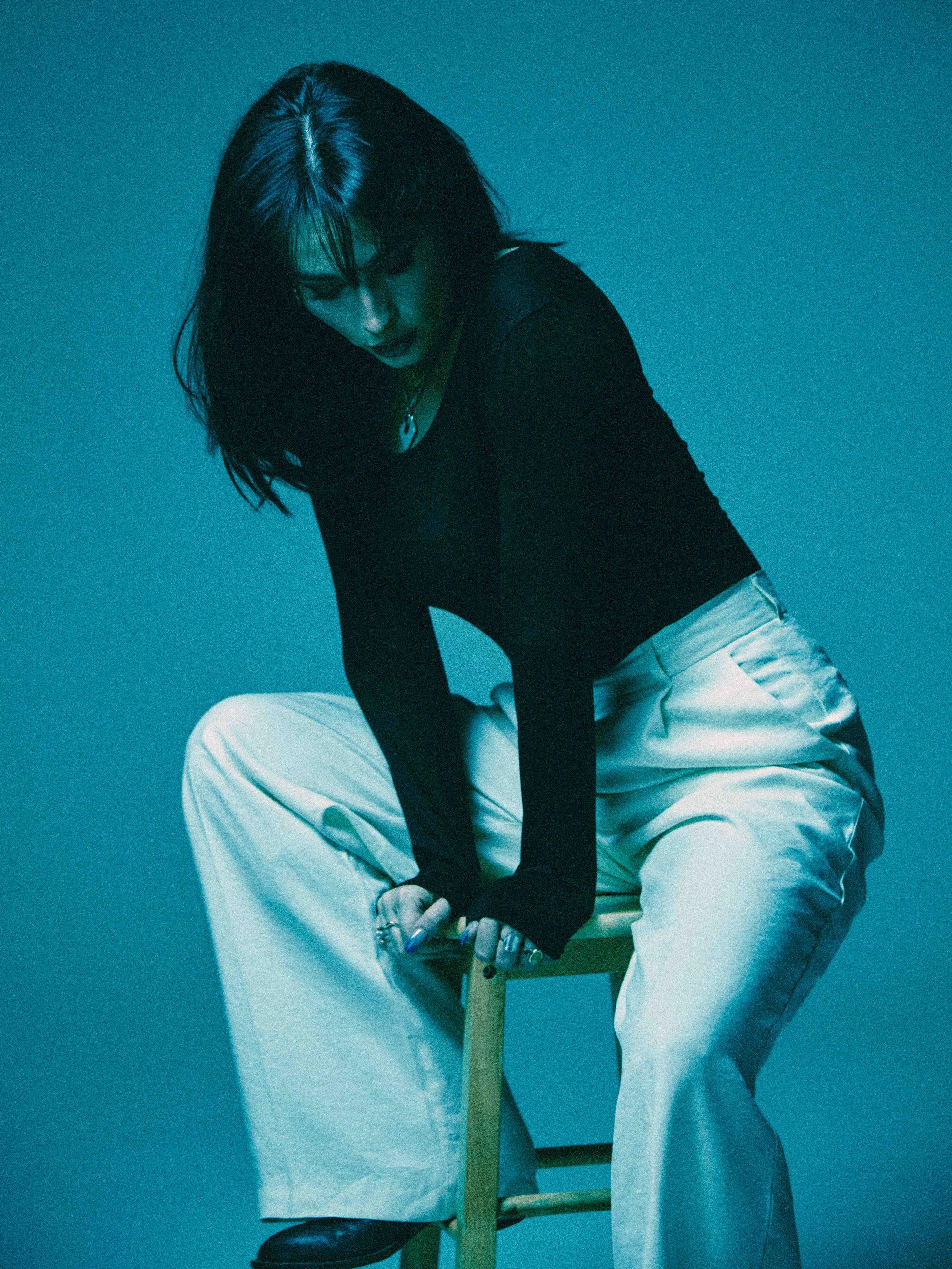
On your entry into music, Naughty Boy saw you perform a cover of ‘I Can’t Make You Love Me’, which ultimately led you to be signed. What happened with that exactly?
I put one cover out on YouTube and got signed straight away. During that time I didn’t really know what it meant to be an artist in that world. But I remember going to the studio for the first time and I saw [Naughty Boy] and Emeli Sandé writing – it was the first time I’d ever been to the studio. I was in awe, I felt I needed to be part of that, it was magical to witness.
What was it about that specifically that you wanted to be part of?
It was two people in their element, forgetting about time or anything else. I wanted to find that feeling. So I did the rounds to find the people I like to make music with. I’ve found that feeling now and it’s the best in the world when you find the people that you have chemistry with, in that sense.
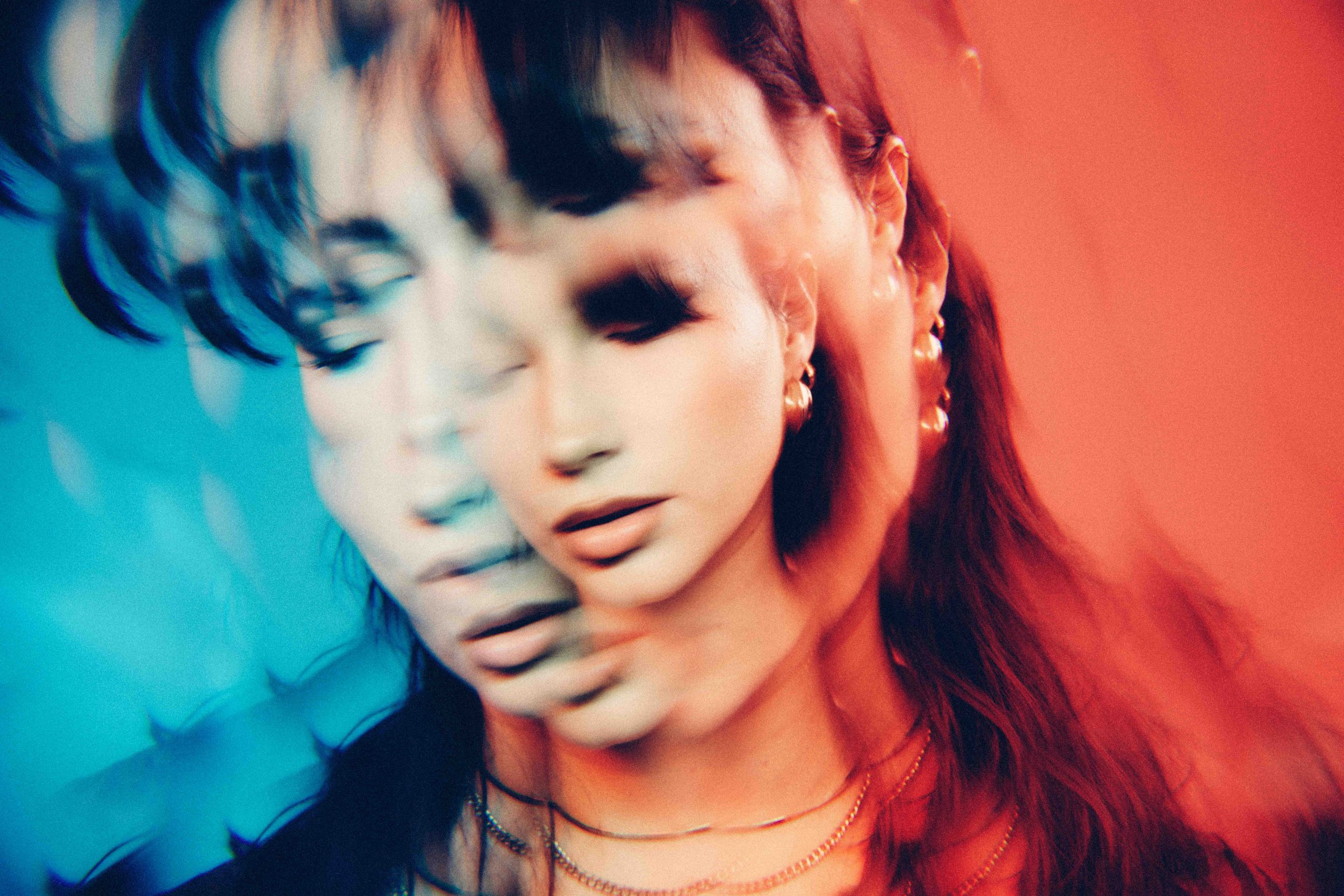
So you were signed after one cover. How did you cope with what would have been such a fast-paced experience?
Well [Naughty Boy] brought me to his studio and asked me to play a track I’d written by myself. I just thought, ‘Fuck it, I’ve got nothing to lose’, I’d never even been in a studio. So I just played him some songs and he said, ‘I want to sign you’. So I moved from Bristol to London and started writing. I signed to Virgin [EMI] and it was very much about just trying to keep my head above water the whole time. It was the same old story about big record labels.
In what sense?
I was quite young and although I kind of knew what I wanted to say, I didn’t really have a voice. If you’re in a big label like that and you don’t have a voice, and don’t have a manager, there’s no hope. But we did put out a cool single, ‘Painkiller’, and I went to L.A. a few times, and worked with some incredible people. And then I was just writing. I had a song that came out on Zayn’s album, which was pretty cool for me. But then I thought I needed to tell my story. I felt like my young years were being wasted away, honestly, so I left that label. And you have more creative control as an independent.
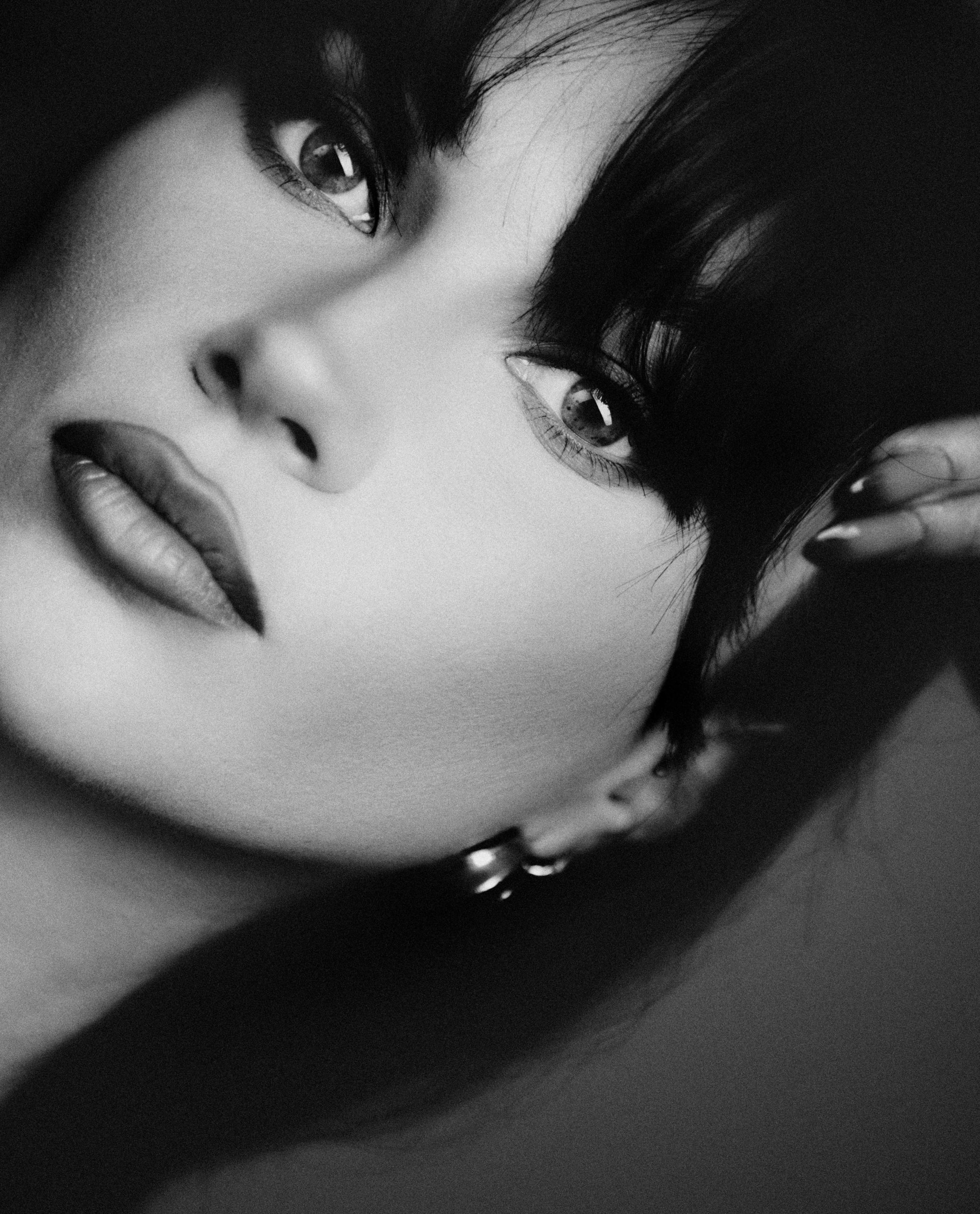
It’s a fucking huge hustle to be independent – social media is another fucking part-time job – but it’s so freeing. I always say, artists do it for the love of music and if you don’t, you can forget it really. I’m not slagging off labels. I know they work incredibly hard and well for certain people, but it just didn’t work for me. And I’m grateful for the experience because I’ve seen it from both sides: from an independent side and from a major label side.
Let’s turn to your songwriting, some of which is evidently quite personal. I’ve read you describe songwriting almost as a means of therapy for you. What do you mean by that?
100 per cent. I use it to facilitate my deepest, most difficult emotions, really. There’s nothing lighthearted about what I write. For me it’s painful at the time but you have to say things aloud to really know how you feel about them – and I think that’s the same in therapy and in songwriting. It’s very much that I need to see how I feel and what comes out. It’s almost like a higher power, it’s a very beautiful thing.
When I wrote ‘Nobody Breaks My Heart Like I Do’ that lyric just fell out my mouth, I didn’t know I needed to write that. It was an acknowledgment that I’m the one causing my own suffering and pain. I basically had to accept that a [relationship] was a dead-end, but I was still continuing to choose to do it. This whole EP is very self-accepting. I had to accept that I’m doing this to myself, I’m inflicting this on myself, and there’s no blame anymore. I think when you do that, you regain a lot of power, because it’s then a choice.
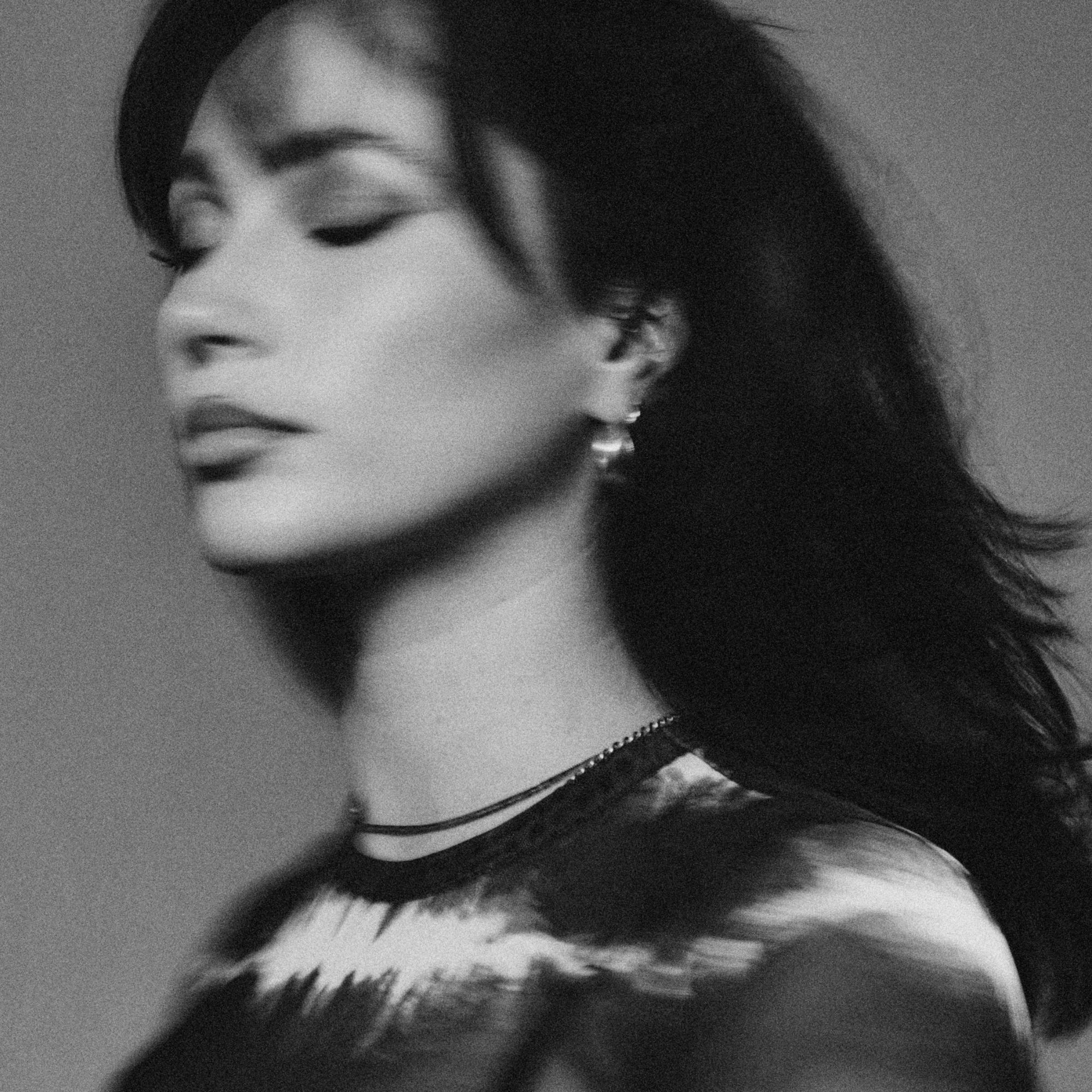
This EP comes with a live version of ‘Nobody Breaks My Heart Like I Do’. Are you an artist who prefers performing live or burrowing away in the studio?
I’m mostly comfortable live. I really love feeling people receiving the songs, it’s just a different type of energy. I find it much harder to get that energy across in the studio when recording and get into that headspace.
Any gigs you’ve played that stand out so far?
I play a lot of Sofar Sounds gigs and they’re really special because they’re very personal and there’s a really beautiful crowd every single time. People there just love music. I know that sounds stupid, but as an artist and a singer, I’ve played gigs before where I’ve felt worse walking out of the show than walking in. As artists, we spend so many hours behind closed doors, working on our craft, and so when you get to the point where you finally get to spill it out to people and people are talking over you, it’s very deflating. That’s why I’m very grateful to Sofar, they’re like my soul food.
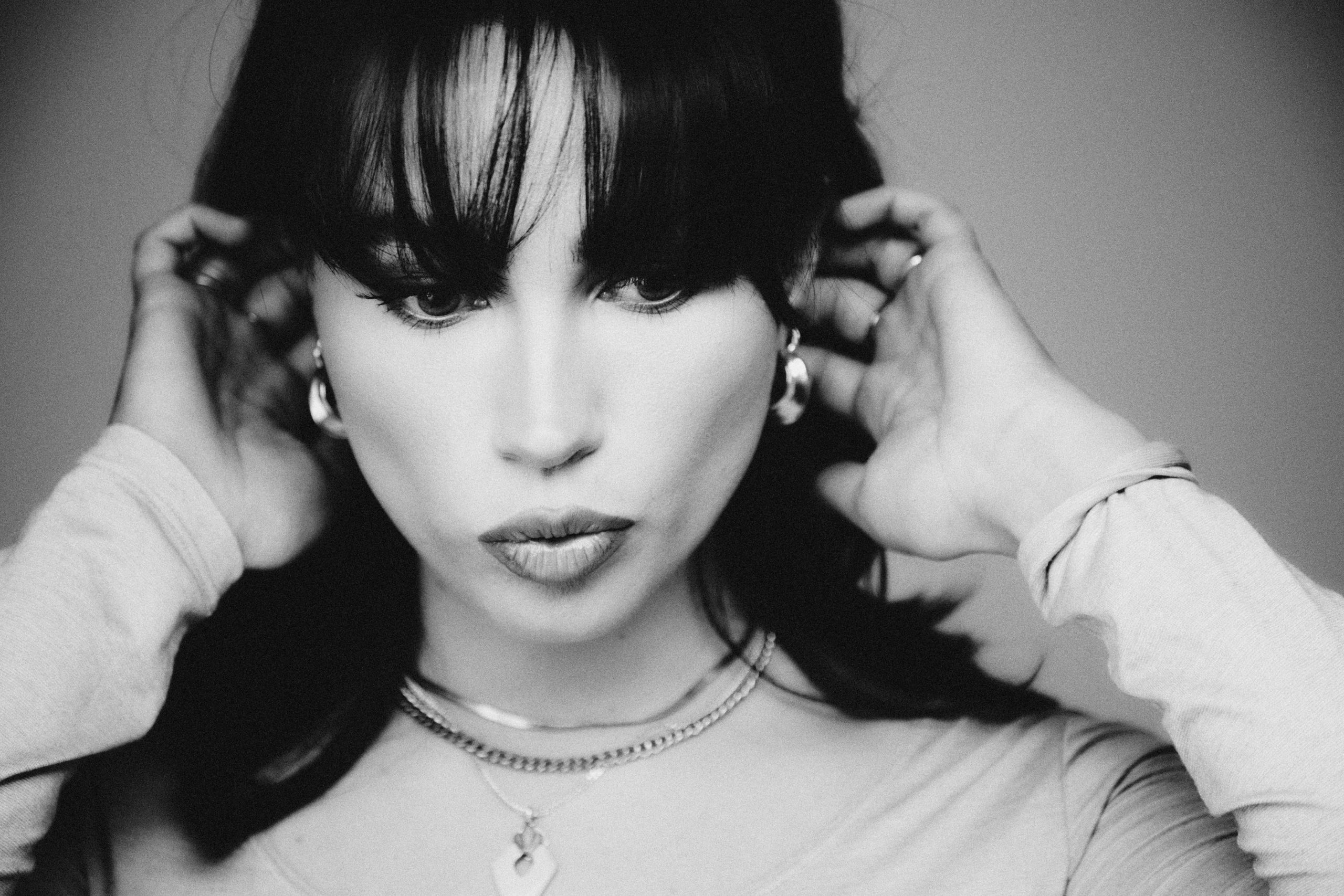
Speaking of music more broadly, what are you listening to right now?
Ugh, I hate this question… I listened to a new single out from Maria Mena called ‘Not Worth It’ and I really liked the lyrics… That’s the last song I listened to that I loved.
Fair enough. That’ll do. Another introductory question then: you’ve worked with some big names before – Emeli Sandè, Laura Mvula, for instance – but who would your dream collaboration be?
Oh, god. I want to collaborate with my best friend, Gareth Esson, who I wrote ‘Nobody Breaks My Heart…’ with. I just want to duet with him. And I want him to release some fucking music, because he’s slacking. His tone is out of this world.
Maybe then we can speak to Gareth as part of this series…

